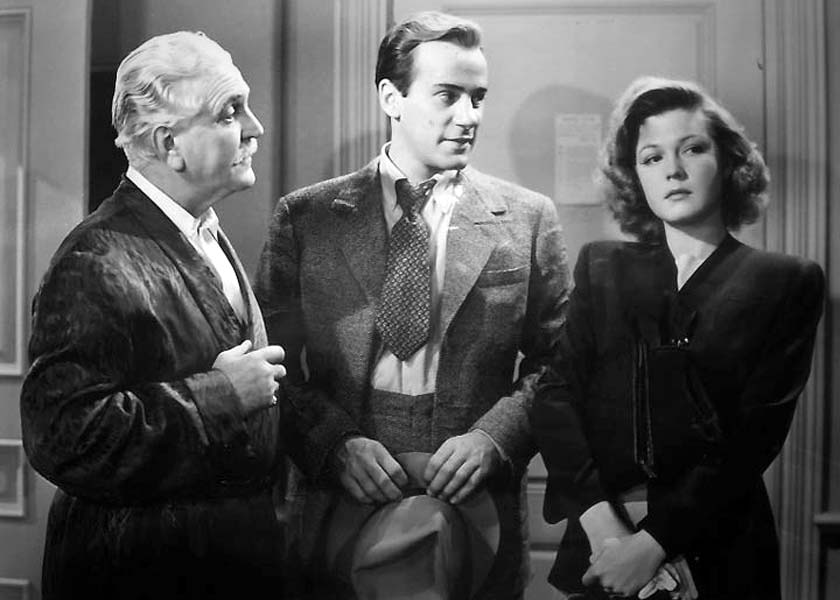Synopsis
John Josephus Grant (Morgan), an Associate Justice of the Supreme Court, goes incognito on his vacation. The corrupt Mayor Connison (Barrat) runs the town in which he is staying. Bill Adams (Carlson), a young lawyer, loses a case in which he is representing a farmer who will lose his farm because the bank will not give him an extension on his loan. The judge is an associate of Connison. Adams is half-heartedly running for mayor in opposition to Connison. Grant encourages Adams to be more forceful in his opposition and to use the law more effectively. Lucy Gilbert (Rogers), Grant's secretary, comes to assist him. Together they plan an effective legal attack on the corrupt mayor and his associates. In a dramatic moment in court, Grant reveals that he is a Supreme Court justice. He makes speech about citizen responsibility to prevent electing corrupt politicians.
Discussion
Frank Morgan, famous for his portrayal of the Wizard in The Wizard of Oz (1939) shows his serious persona, which had been mostly replaced by his dithering comic persona since the mid-1930s. Morgan and Richard Carlson are supported by several familiar and reliable character actors, most prominently Robert Barrat and Porter Hall, but also Donald MacBride, Olin Howard, and Chill Wills. John Hodiak, in his first film, has a small role. Early the next year he was a prominent passenger on Hitchcock's Lifeboat (1944).
The quality production values of this second-tier MGM film contrast with the cheap settings of the related Columbia Pictures programmer (a film shown as the bottom half of a double feature) Power of the Press, also released in 1943, when the US was fighting World War II on two fronts. Films set at home, such as Power of the Press and A Stranger in Town, emphasized patriotism and the commitment of the population to the war effort. These films present situations in which some individuals are acting contrary to the interests of the country and use these transgressions to preach to the audience about their responsibilities as citizens.

